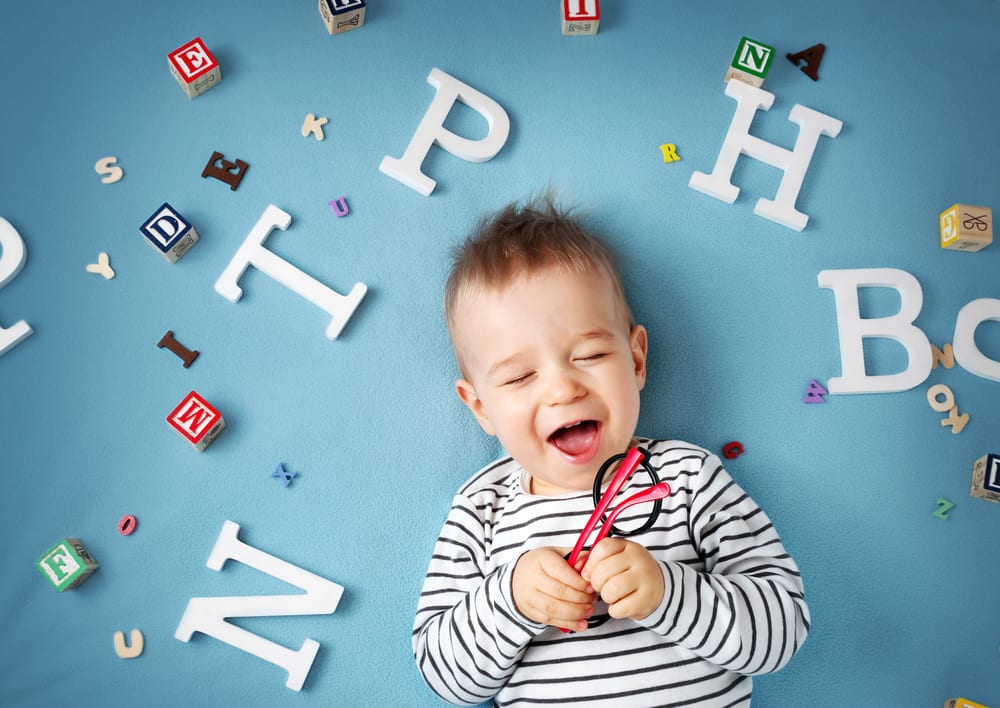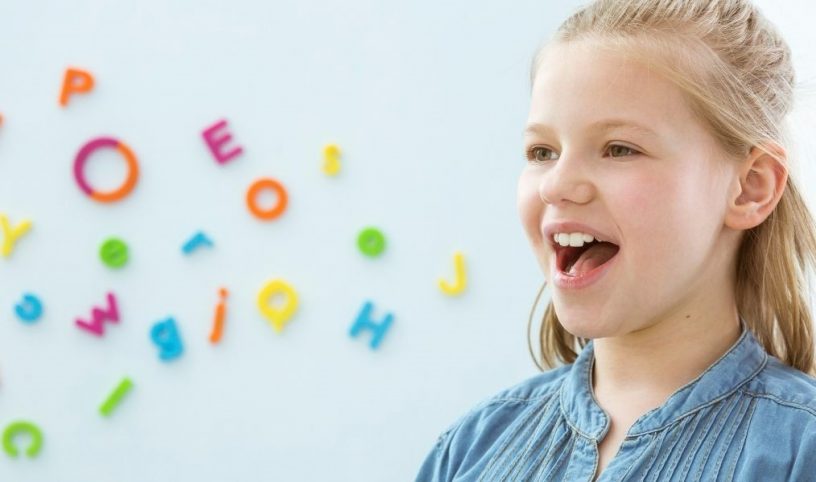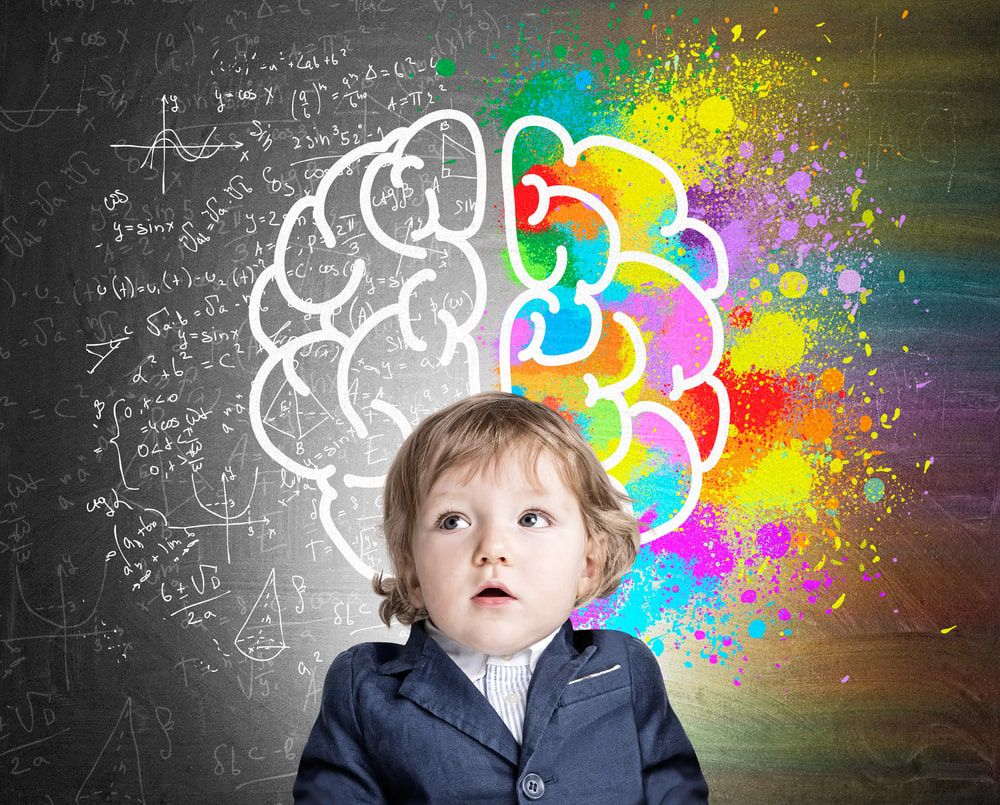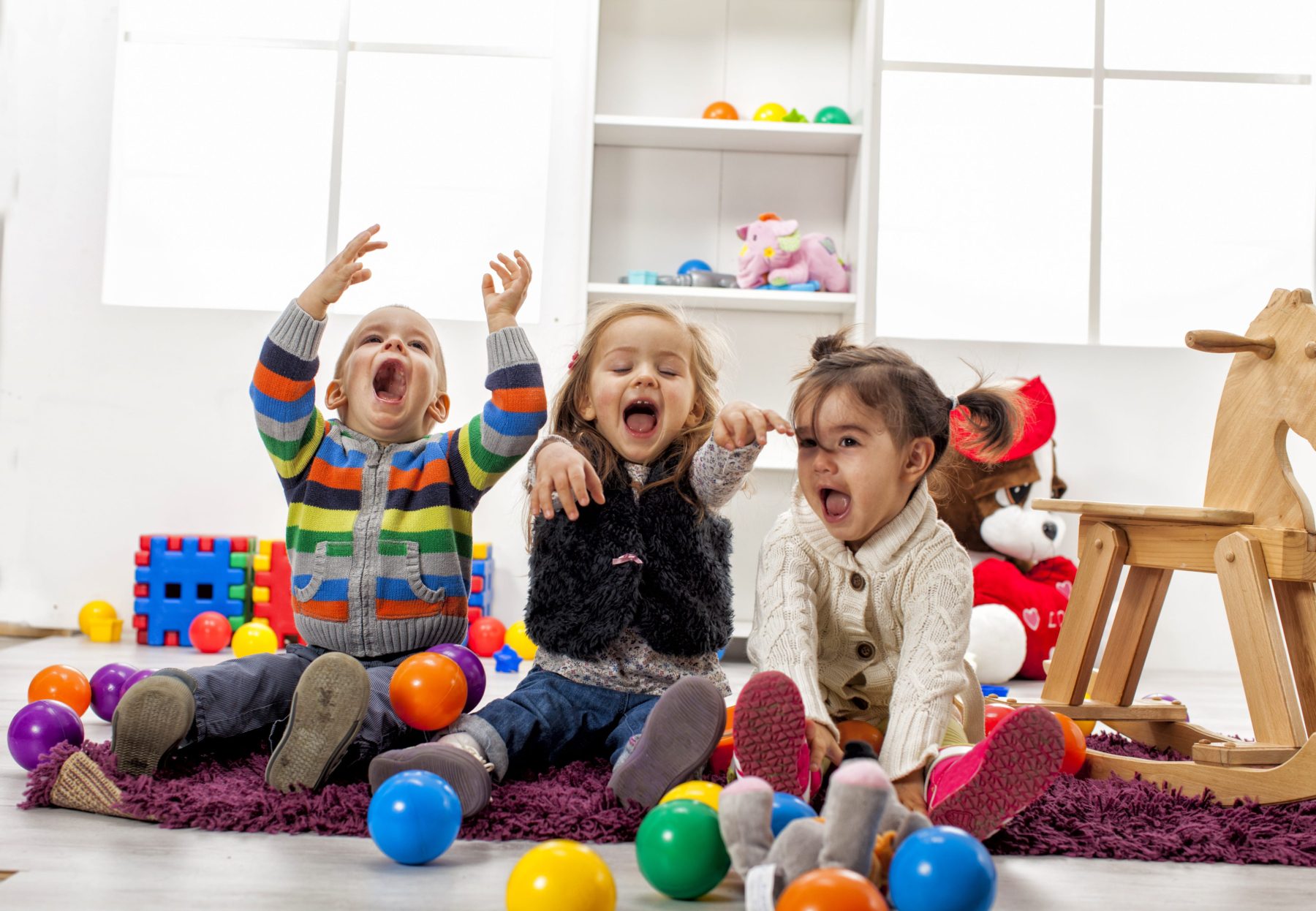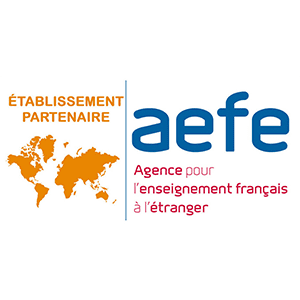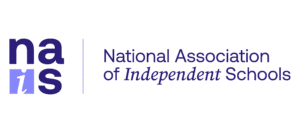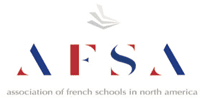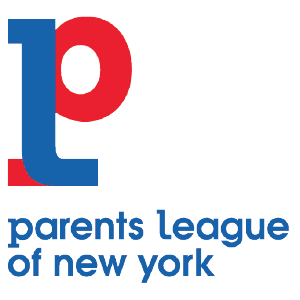The Career Benefits of Multilingual Education
There is no greater gift you can give to your child’s future career than a multilingual education. The business world is an international one, and the most successful companies have locations across the globe. Companies are always on the lookout for bilingual new hires and one of the most common complaints of young professionals is that they didn’t learn more languages (or learn more thoroughly) when they were younger. By helping your child learn additional languages when they are very young, you can set them up for higher quality positions for the rest of their lives.
Language and the Young Mind
By the time the public school system starts offering language classes, it’s too little, too late. The human mind learns languages best during the infant and toddler stage, preparing each person for the complex communication required for further learning. Study after study has found that “in the domain of language, infants and young children are superior learners when compared to adults, in spite of adults’ cognitive superiority”. Children from bilingual families, for instance, will always have a deeper, more inherent grasp of both languages than their peers who try to learn a second language. By the time the traditional high school language classes begin, the brain has solidified into it’s one-language way of forming thoughts and picking up the structure of a new language can be incredibly difficult.
Domestic Opportunities
English may be the national language, but it is by no means the only language spoken within the US. Companies are constantly seeking bilingual new hires, who experience a ten to fifteen percent pay increase for the value of their skills. When a staff includes people who speak multiple languages, a company can reach out to every local community, not just the English speaking ones. This means that your child’s linguistic abilities not only grow their own cultural awareness, but can influence any business they are a part of to greater cultural service. Especially in industries that cater to multicultural families, polyglots (people who know more than two languages) are desperately needed to translate and explain policies and opportunities to their non-English-speaking clients.
International Opportunities
The more languages you know, the more countries you can do business in. Whether your child grows up to be a doctor without borders or an international entrepreneur, markets and communities open up before them. Representing a corporation, they can also offer a courtesy few Americans can manage effectively: meeting clients in their own language. In addition, when culture, as well as language, is taught to children at an early age, they gain a deeper and more inherent understanding of how to interact with people from that culture courteously, without any common cross-cultural faux pas occurring.
Interpreters and Translators
Anyone with good manners and a strong grasp of two or more languages will always be welcomed as an interpreter or professional translator. These positions open up whole new realms of travel and import. Interpreters are needed everywhere from ESL classes to the UN, giving your child an amazing range of opportunities based on a single set of skills you can teach them before the age of six.
People who fluently speak multiple languages have an easier time getting a job, traditionally make more money than their monolinguistic counterparts, and can find unique business opportunities all over the world. Many people seek a second language later in life, but by then their brains have already settled into the thought patterns of a single language. By educating your toddler in multiple languages, you are effectively setting them up for a long and successful career, no matter what they choose to be when they grow up.
If you’d like more information on French or Spanish language learning for young children or to enroll your child in the Tessa International School, contact us today! Multilingual and multicultural early education is our passion and we’d love to share it with you and your child!



